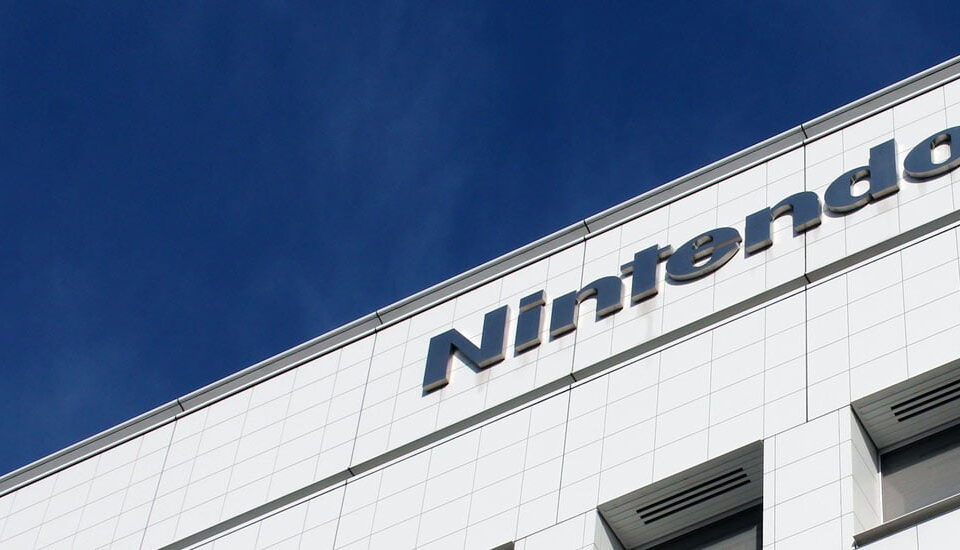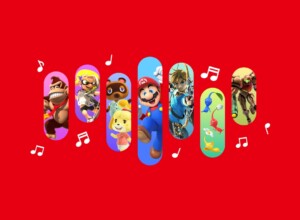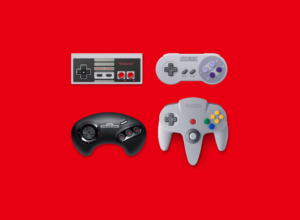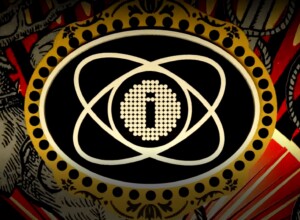Nintendo’s first profit in four years points to a new IP lead approach.
It’s been a busy day for Nintendo. This morning we woke to the mouth-watering prospect that a Donkey Kong Country Mine cart ride could be a real thing. And this afternoon came the news that the company has made its first annual operating profit in four years.
Nintendo reported profits of ¥24.8bn (£136m) for the year to March, much higher than its own forecast of ¥20bn. Also noted was the success of several first party titles on the 3DS and Wii U. On Nintendo’s handheld Pokémon Ruby/Alpha and Super Smash Bros. sold 9.94 million units and 6.75 million units respectively. On Wii U, Mario Kart 8 led the way with 5.11 million copies sold.
However, despite these successes, games sales were down by almost 4% year on year. The main reason cited for the improved profit margin was ‘falling costs’ but it also feels that a significant strategic shift is also starting to pay off.
Nintendo has suffered lean times since the launch of the Wii U. As a result they have increasingly sought to improve their finances by focussing inward, increasing revenue by generating more cash from their devout fan base. They appear to have woken up to the fact that they are the ‘Disney of video games’ and are now operating more like an IP driven business, rather than a technology one. Although games remain Nintendo’s core product they are becoming part of a much larger offering.

We have seen this before, of course. Only a decade ago Marvel was a company wrestling with a dwindling audience but an enviable and underused IP roster. Their acquisition by Disney and subsequent movie and merchandise strategies has turned them into one of the biggest brands in entertainment. There is no reason why Nintendo can’t furrow a similar path.
It’s a far cry from Blue Ocean days of the Wii and NDS, but it’s also a strategy that has seen Amiibo figures fly off the shelves, an impending move into mobile, rumours of movie and TV deals, and the partnership with Universal Theme Parks.
Admittedly this approach is not without risk. It will be of paramount importance that Nintendo’s games continue to be of a high standard. As long as this remains the case there will be few who will take issue with any ancillary activities that increase the reach of the their brand.
Having been in the doldrums for so long it feels like Nintendo could be on the verge of something big. Although the transition will not be without growing pains – Hello, Amiibo supply chain – it is at least a determined course of action. As game developers Nintendo are at a creative high, but they are faced with fewer and fewer people experiencing their games. The shift into an entertainment company will support Nintendo’s creative endeavours and also distinguish them from their traditional home console competitors. This change will mean that Nintendo is no longer a just a games company, but a company that makes toys, movies and other experiences based on its franchises.
It could also mean that Nintendo is a company that is relevant once again.






